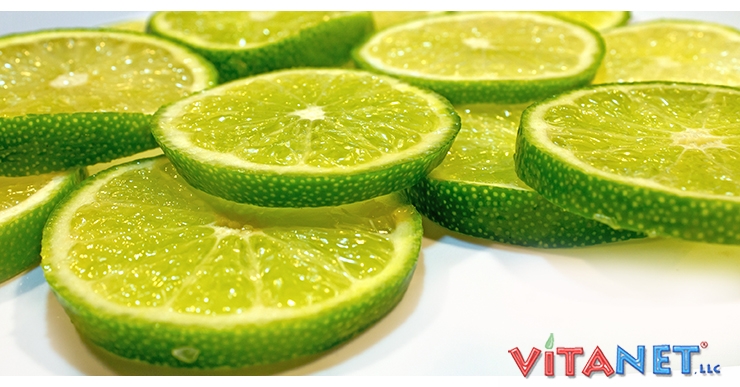Triclosan is a chemical found in antibacterial soap, toothpaste and other care products is allowing bacteria to be more immune to antibiotics. Bacteria that was around triclosan became resistant to quinolone antibiotics. Quinolones antibiotics are used to treat pneumonia, urinary tract infections, bronchitis and sinusitis. The antibiotics target the bacteria and the enzyme for DNA replication. Since the bacteria is unable to divide, it will die. A self-defense mechanism from the bacteria is a mutation of the enzyme, making it more resistant.
Key Takeaways:
- Quinolones are antibiotics normally used to treat urinary tract infections, pneumonia and sinusitis.
- These antibiotics target DNA strands within certain bacteria, preventing them from replicating.
- A common soap and dentifrice ingredient has a similar effect on these bacteria, in turn causing the bacteria to evolve to defeat the action of both the ingredient and the quinolones.
“In addition to promoting antibiotic resistance, triclosan has been linked to weakened immune systems, reproductive toxicity, and uncontrolled cell growth, the study recently discovered.”

